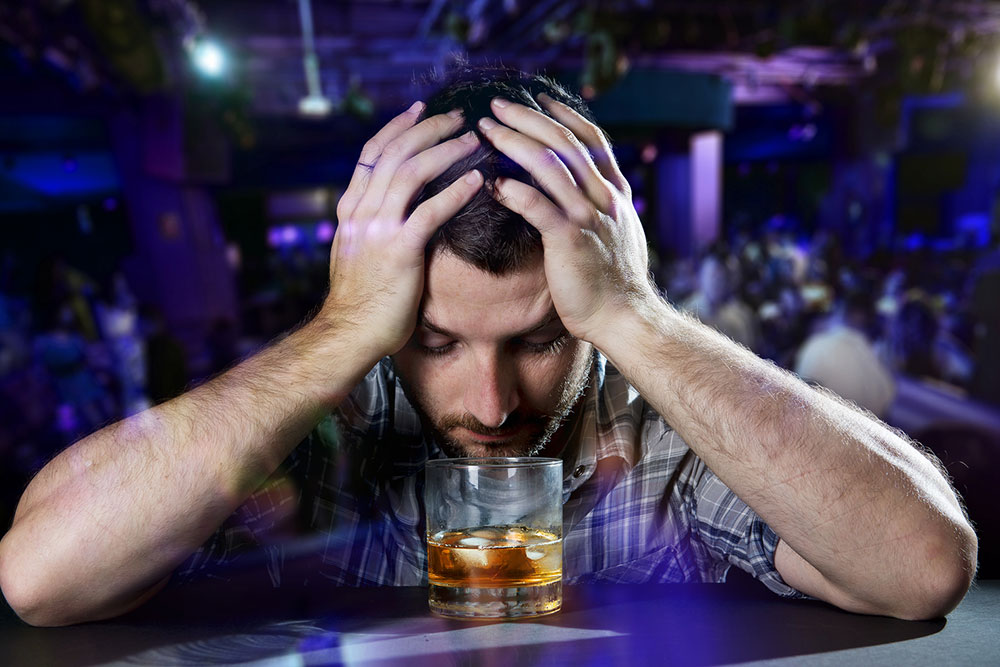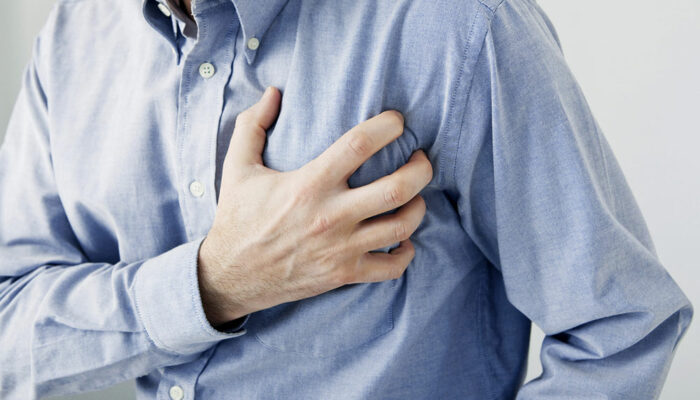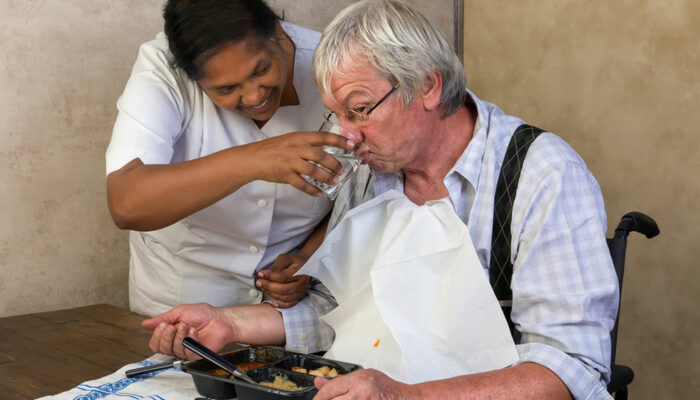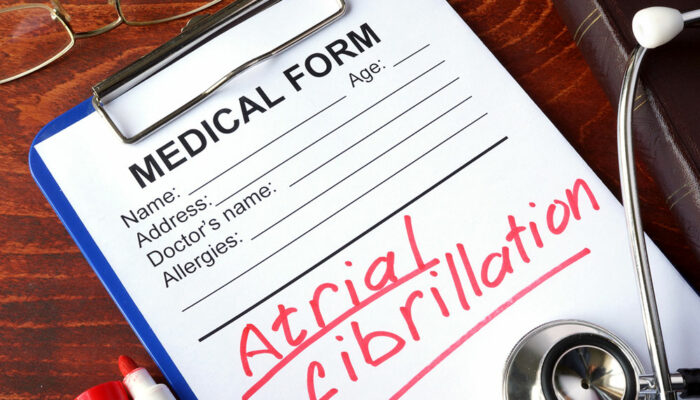
Alcohol addiction – Symptoms and treatment
Alcohol addiction or alcoholism refers to the excessive consumption of alcohol and the inability to manage a drinking habit. It is hard to identify who has this condition as people often live in denial about it. Generally, people struggling with this condition feel like they cannot lead a normal life without alcohol; this can affect their relationships, career, and overall physical health. If left untreated, the addiction may go out of control. Identifying the basic symptoms of alcoholism and getting proper treatment can make a significant difference in one’s recovery. Some of the most common symptoms of alcoholism are:
- Making excuses for drinking
- Drinking alone
- Drinking in secrecy
- Loss of consciousness or blacking-out
- Constant nausea and vomiting
- Consuming alcohol the first thing in the morning
- Behavioral changes like aggression, agitation, compulsive behavior, self-destructive behavior, or lack of restraint
- Extreme mood swings
- Irregular drinking pattern
- Insomnia, which may be followed by oversleeping
- Not paying attention to personal and professional life
Whether one is struggling with alcohol addiction themselves or knows someone else who is struggling, it is important to remember these basic symptoms.
When alcohol becomes an obsession, it can be hard to focus on the daily routine, but with the help of treatment and support, alcoholism can be addressed and resolved. There are three basic steps that can help a person recover from an addiction:
- Detoxification: Alcohol detoxification, commonly known as alcohol detox, is the process by which all alcohol is removed from a person’s system. For people who have the habit of binge drinking, this is a key step. Medical supervision throughout the detox process is needed. Detox should take place in a medical environment like hospitals and clinics. Many people undergo detox on an outpatient basis, but some people who suffer from alcoholism will be admitted as inpatients in case of any medical complications. The most common symptoms of alcohol withdrawal are depression, tiredness, restlessness, confusion, sweating, weakness, and experiencing hallucinations. While a few of these symptoms are minor, others can be more serious. The doctor will give a patient medications to help alleviate some of the pain and symptoms. Detoxification usually takes a few days to a week.
- Rehabilitation: Rehabilitation refers to the action of restoring someone to health or normal life through training and therapy. Rehabilitation is a long-term process and requires dedication and commitment to building a better life. Rehab involves therapy, developing coping skills and life skills, treating co-occurring conditions, and learning about addiction.
- Maintenance: Once a person is done with rehab, they are likely to move on with their daily life. Even after a person swings back to their regular routine, it might be easy to relapse and start drinking again. So, one will have to get follow-up care for at least a year. Attending support groups that offer encouragement and engagement with others during recovery can be helpful.




